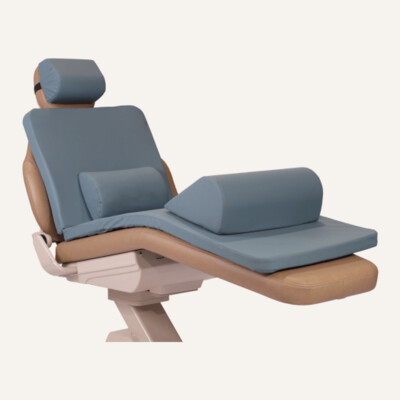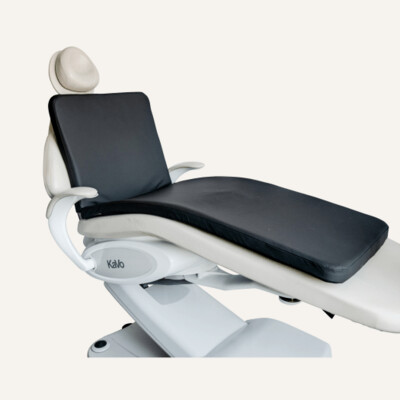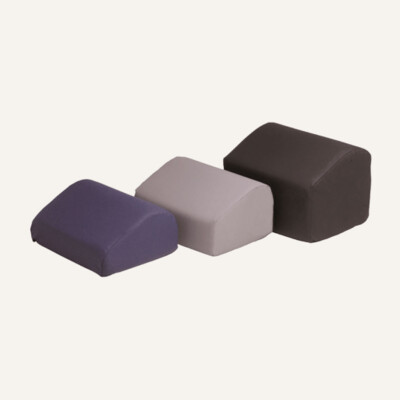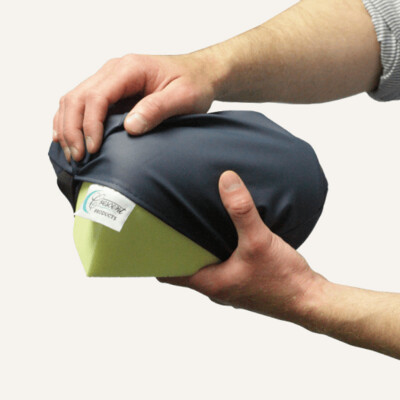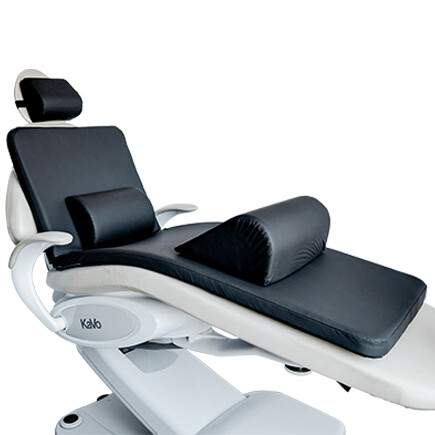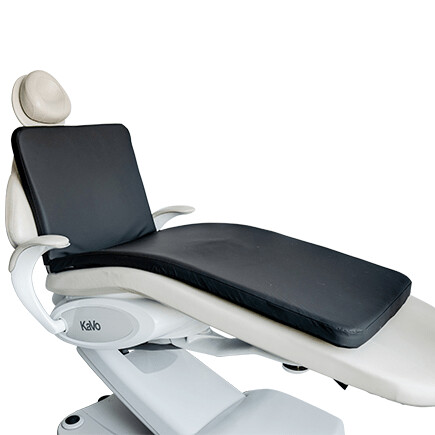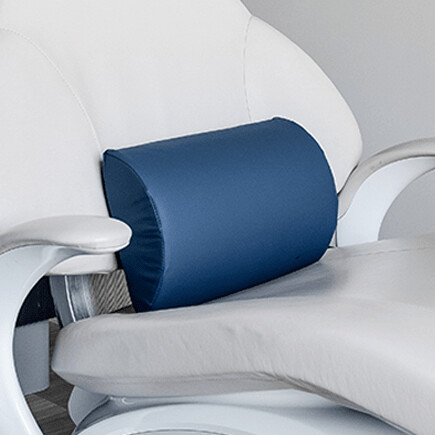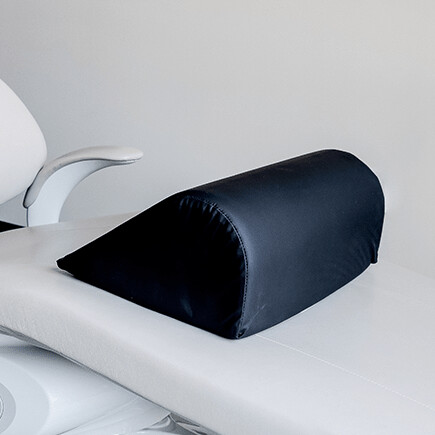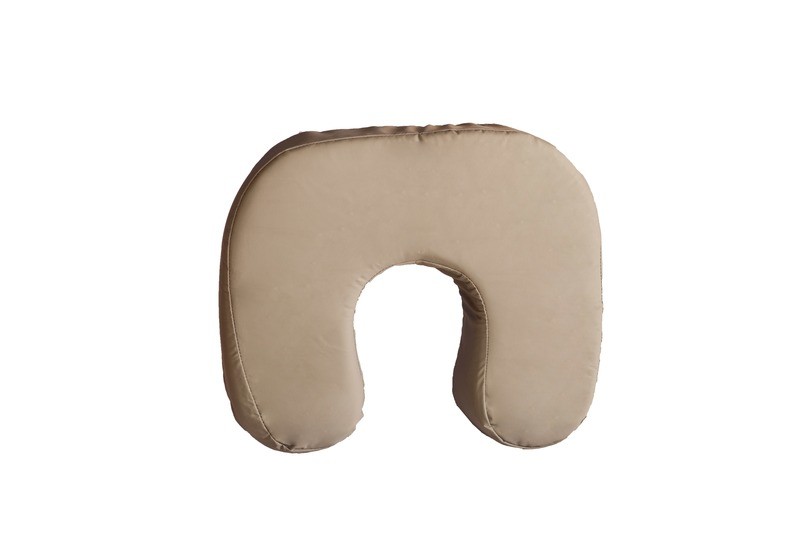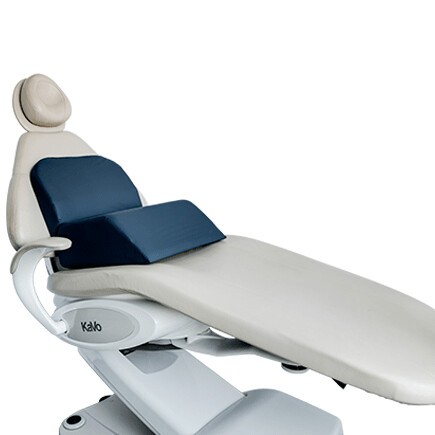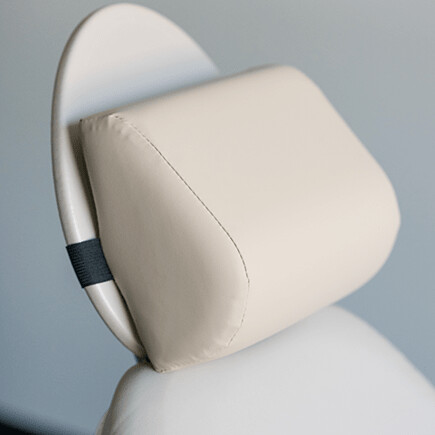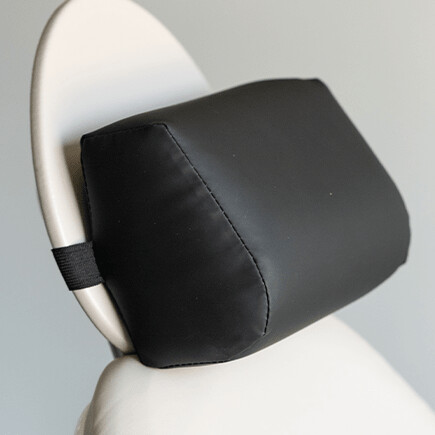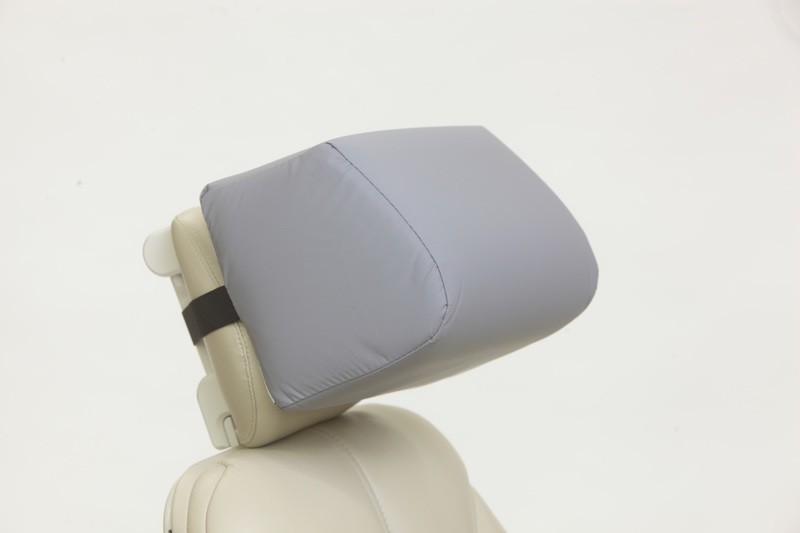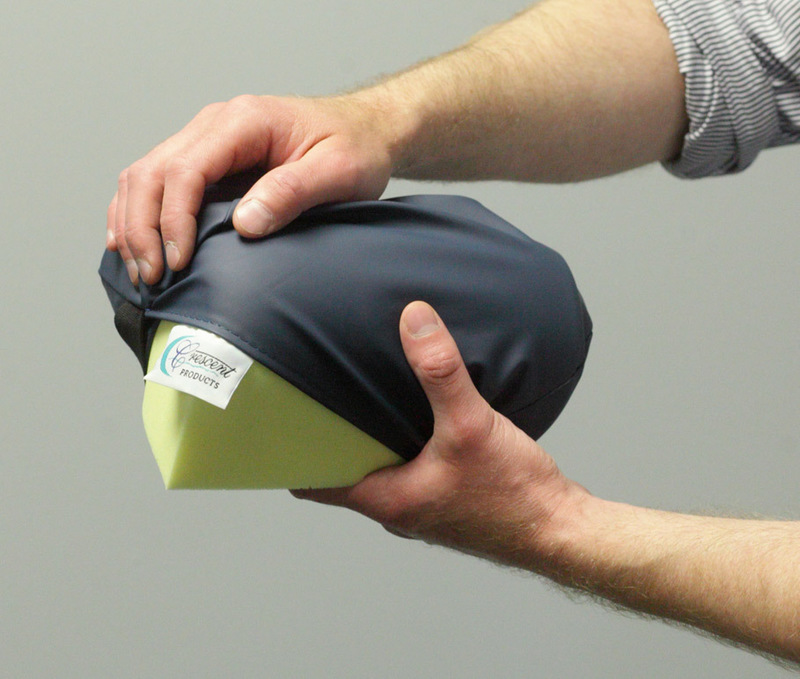The Challenges of Caring for Elderly Dental Patients
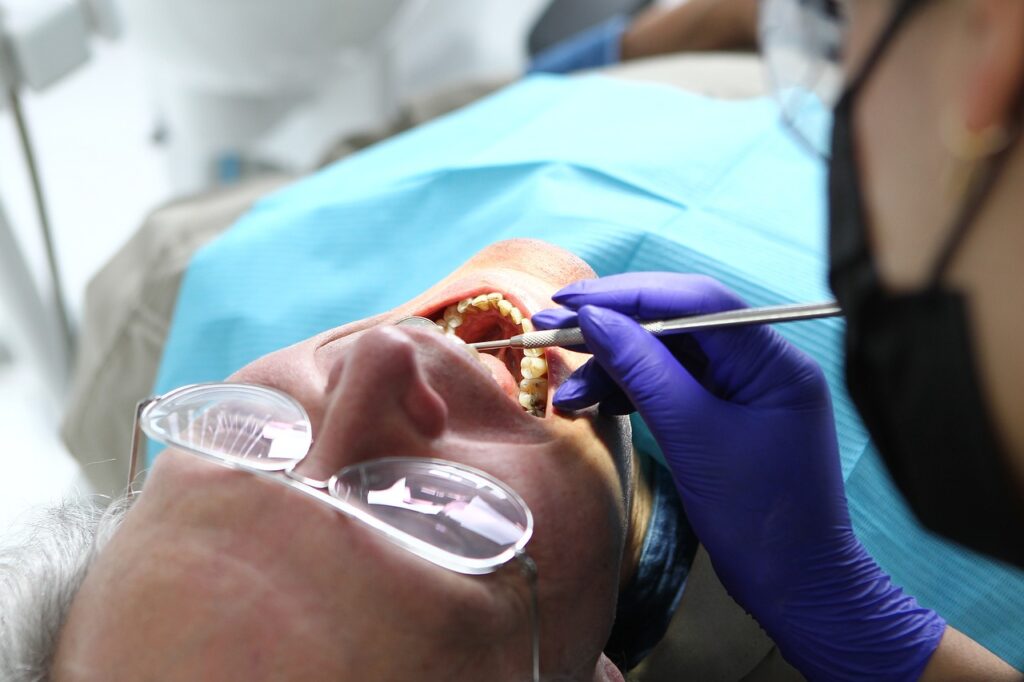
Dental professionals understand the importance of providing excellent care for patients of all ages, including the elderly. But caring for elderly dental patients presents unique challenges that must be tackled with great consideration and dedication. That’s why it’s vital to understand the strategies dentists and hygienists can implement to effectively overcome any challenges associated with caring for elderly dental patients.
1. Understand the Patient’s Medical History
Elderly patients typically have complex medical histories that can affect their dental care. It is necessary to have a thorough knowledge of their overall health status, including any chronic medical conditions or medications they are taking.
It’s important to know the specific dental needs and previous treatments they may have received, allowing you to gain an in-depth knowledge of these older individuals and apply the appropriate dental treatments to meet their needs.
Understanding the patient’s cognitive limitations is also critical in communicating effectively with them. Engaging family or caregivers in providing valuable insight into their medical history. This also helps create an individualized treatment plan tailored to each patient’s needs. These steps can drastically enhance the quality of care for elderly dental patients.
2. Consider Physical Limitations
Elderly dental patients frequently struggle with mobility issues that hinder walking and sitting comfortably. Try implementing physical aids in your office and treatment areas, including:
- Handrails and adjustable dental chairs to provide comfort and accessibility.
- Adequate lighting sources that improve visibility to ensure safe procedures are performed.
- Dental chair accessories like dental headrests, chair pads, and other support pillows that keep elderly patients comfortable in the chair.
Design an environment that takes physical limitations into consideration. This will help dental professionals effectively address physical challenges faced by elderly patients. It also creates a more inclusive and satisfying dental care process for all parties involved.
3. Address Dental Anxiety
Dental anxiety is common in elderly patients, who need to feel comfortable during dental care visits. Anxiety can arise due to prior negative experiences or concerns about pain or discomfort. To combat these concerns, establishing trust with each individual patient is crucial. Explain procedures thoroughly while listening carefully to their concerns. Active listening helps build strong relationships. At the same time, use relaxation techniques such as deep breathing exercises.
Distraction techniques like listening to music or watching videos may help take their minds off dental procedures. This will ease anxiety for older patients. By helping reduce stress and discomfort associated with treatment, dental professionals can reduce stress levels for all their patients. Doing so will lead to better oral health outcomes and increased quality of life for older patients.
4. Effective Communication with Older Patients
Effective communication is critical for providing quality dental care to older patients. Use plain language without technical terms to ensure patient understanding. Also, speak slowly so they have enough time to process information and express their concerns. Practice active listening skills while patient, as older people often require extra time to express themselves fully.
Nonverbal cues such as nodding and maintaining eye contact can demonstrate empathy and understanding. At the same time, visual aids like diagrams or models are invaluable tools for explaining treatment options and procedures more comprehensively. Tailoring communication strategies specific to the needs of older patients promotes a greater understanding of treatment processes while improving overall patient satisfaction.
5. Maintain Adaptability
Elderly patients require special consideration during treatment, with individual needs requiring tailored approaches. For instance, they may not be able to sit for long periods. Therefore, expectations and treatment plans for discomfort or fatigue must be set out early and managed accordingly. The patient stays more relaxed by encouraging sitting for short periods or limiting procedures during each appointment. It also improves compliance and speeding healing processes.
Flexibility can also apply to other forms of assistance. For instance, dental assistants, hygienists, or healthcare assistants may provide services like handling appointments and filling out paperwork for elderly patients to ensure comfort throughout treatment. Being flexible with services offered for elderly patients improves efficiency with better results for treatment processes and outcomes.
Recognizing and adapting to changes in patient health that occur throughout treatment is also paramount. It can impact their oral health needs, such as additional procedures or cleanings.
